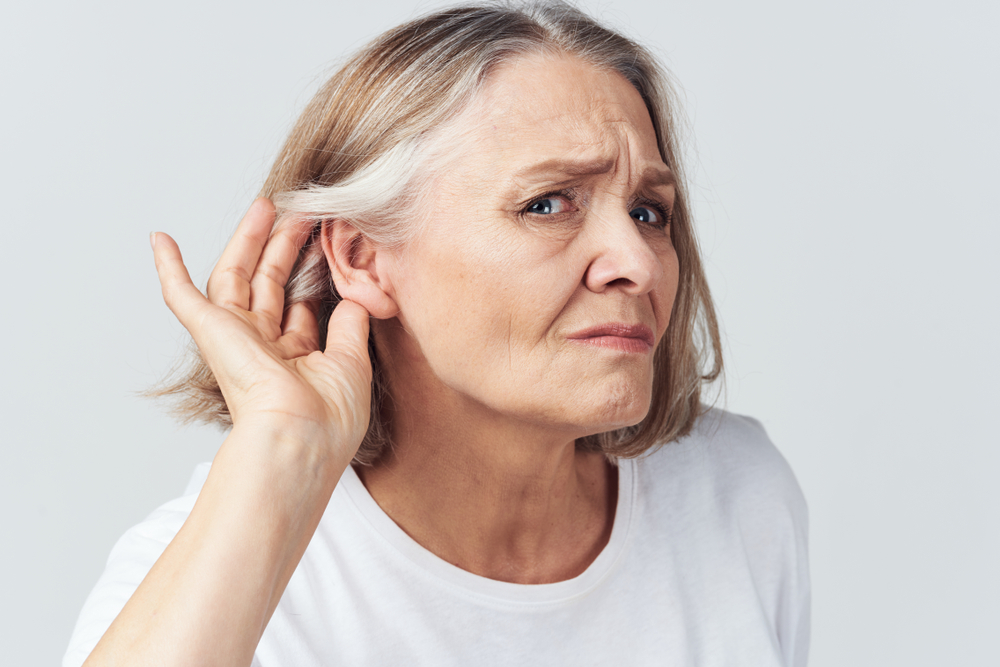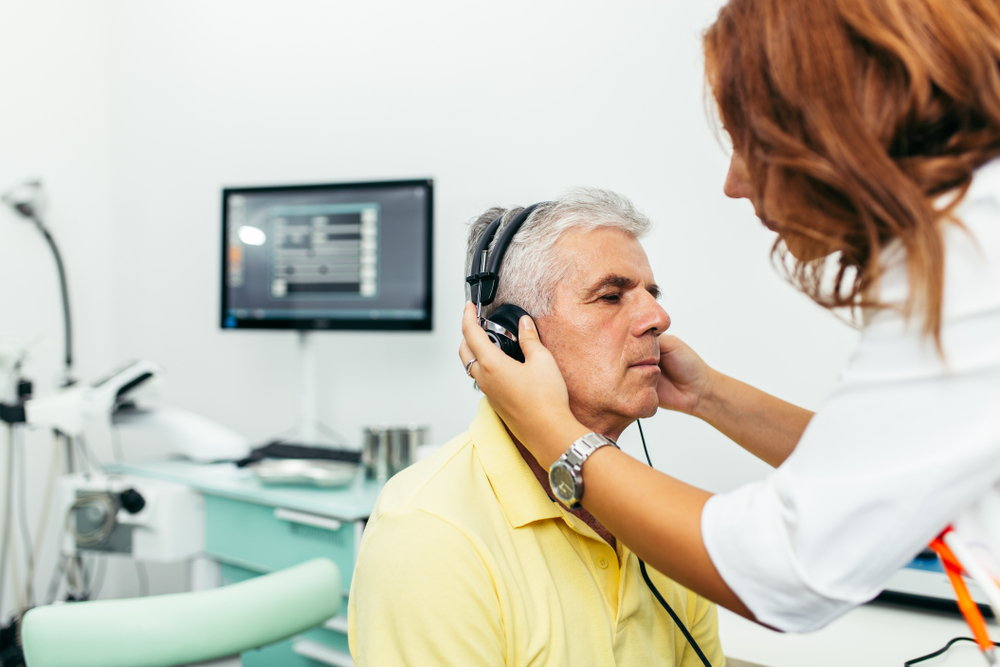When you save for retirement, it is vital to include the costs of your future health care, including costs related to hearing loss. Leaving out this crucial part of your plan could lead to hard financial decisions down the road and have an adverse effect on your quality of life.
Why you need to save for your hearing health
Almost 25 percent of people report hearing difficulties by the ages of 65 to 74, and a staggering 50 percent of people have hearing loss at ages 75 and older.
That’s staggering when you consider that not all hearing services or hearing aids are covered for these individuals. This is much of the reason why less than 30 percent of adults ages 70 and older who would benefit from hearing aids use them.
Not wearing hearing aids when you need them means missing conversations and potentially dealing with serious health conditions such as dementia and depression that are related to hearing loss. People who include the costs of hearing aids and other hearing-related health costs in their retirement savings can breathe a little easier knowing that the money is there if needed to maintain their quality of life.
Ways you can save
The average couple at age 65 will spend close to $300,000 during their retirement on healthcare, and this amount rises if there are unforeseen problems. One of the ways to save is to set up a Health Savings Account, or HSA. Contributions to these accounts are tax-deductible, as are withdrawals. Talk to your Human Resources contact or financial planner as soon as possible about setting up an HSA, as you cannot make contributions once you are on Medicare. You can, however, use the money you saved at any age. The money you contribute earns interest, so putting it away as soon as possible reaps rewards down the road.
You can also save for hearing health costs by cutting down on expenses in other areas. Shop around to make sure that any add-ons to your insurance policy or Medicare plan are at the best price possible. Do the same when it comes to the costs of prescription drugs. You can use these saved costs to keep your retirement savings at a level that helps you take care of things like exams and hearing aids.
Reduce Your Expected Costs
While some hearing loss is age-related, research shows that there are several things people can do to avoid some of this loss, thus reducing their hearing healthcare costs down the road. Maintaining an overall healthy lifestyle reduces your chances of heart problems that are associated with hearing loss. Quit or cut down on products that contain nicotine, alcohol, or caffeine, as these products can affect your hearing, and try to avoid loud noises. You cannot completely combat the hearing loss and associated expenses that come with age for so many, but you can improve your chances of maintaining a better quality of life in your retirement.



